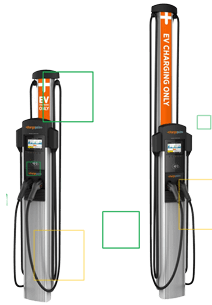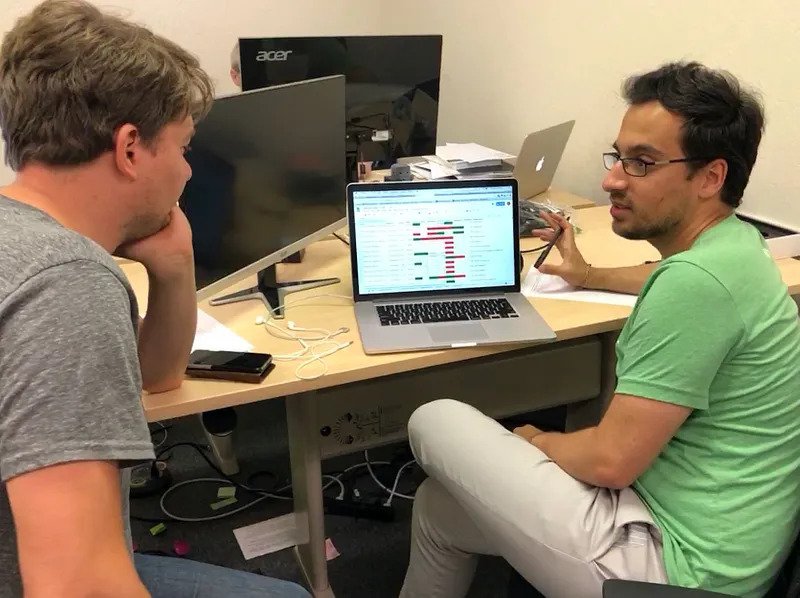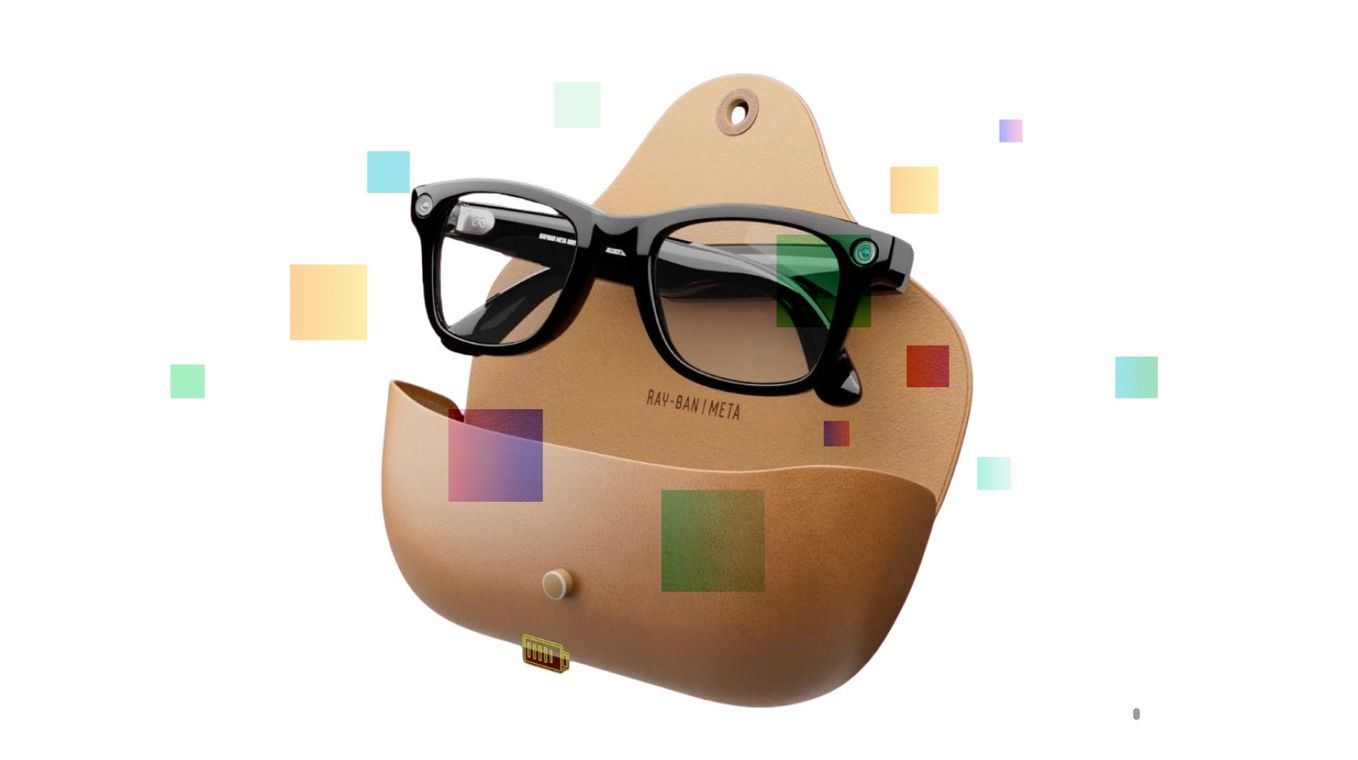Aaron Dharna is starting graduate school studying Data Analytics and machine learning at Fordham University. He joined Instrumental as a Machine Learning Intern for the summer to research improvements and expansions to our anomaly detection algorithms.
The moment I knew that I wanted to study machine learning over pure mathematics was two years ago. In a computer science course I was taking, we talked about concepts like Hidden Markov Models and I saw my math courses used in ways that I had never considered possible, ways that I believe are changing and will change the world. I saw the power, rigor, and surety of my math background brought to the forefront of applicability through computer science, and I knew I had to follow that path.
At Instrumental this summer, I got to embark on that journey before heading off to graduate school. Not only have I gotten to familiarize myself with production level machine learning stacks, but I got to contribute to one with research improving and expanding the capability of their anomaly detection algorithms through a summer-long-project.
My first approach to my summer project involved applying inspirations from recent advances in computer vision to a new problem space for Instrumental’s systems. Using real-world datasets, I was able to ascertain that my initial approach, was generating a lift in accuracy; however, it quickly hit a wall due to assumptions I had made. As a result, I went back and found the entire lineage of academic papers that my technique was relying on. Reading and implementing these papers managed to not only clarify my own thinking, but uncover a new way for us to approach anomaly detection. Furthermore, this new approach can be adapted and expanded to fit Instrumental’s different systems in an elegant way.
When I took Real Analysis, the mantra of the course was: “In order to say anything rigorously, you have to prove it. Your assumptions are meaningless,” and working here at Instrumental this summer I got to live that. I went through the process of challenging my assumptions, going back to the literature, and implementing an academic paper in an industry setting. As a result I grew as a researcher and an engineer.
My summer working at Instrumental has, by and far, been my favorite job. As I depart for graduate school, there is a lot that I will miss — my coworkers taking time to play tabletop games, the openness of the company, the enthusiasm with which Simon, Instrumental’s machine learning lead, answered my unending questions, and getting the ability to perform novel research of my own choosing just to name a few of my reasons why.
I will be forever grateful to the Instrumentalists I worked with for introducing me to a wholly unique application of machine learning, affirming that I can use my skills and background to improve the world, helping me grow, and being friends that I know I will keep in contact with long past my summer here.
Interested in becoming an Instrumentalist yourself? Check out our careers page to learn more!
Related Topics



